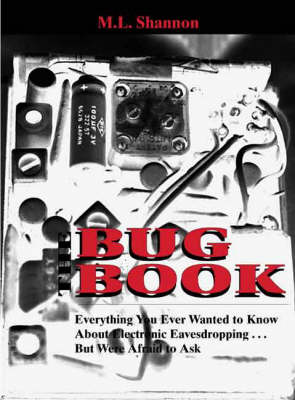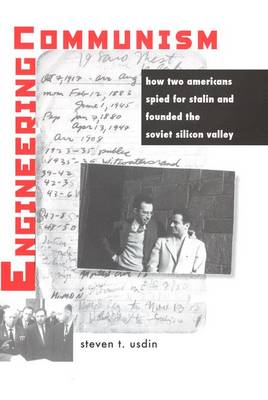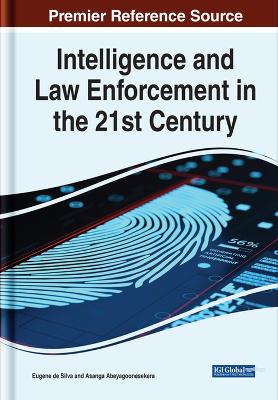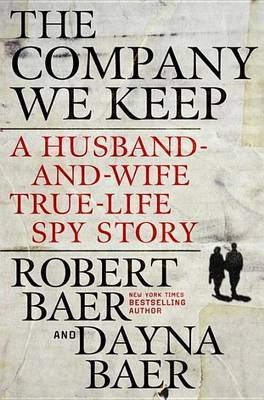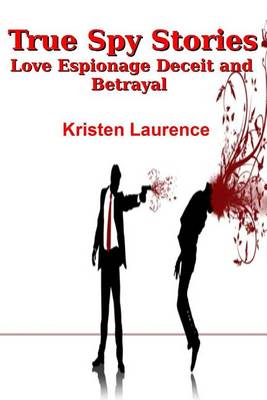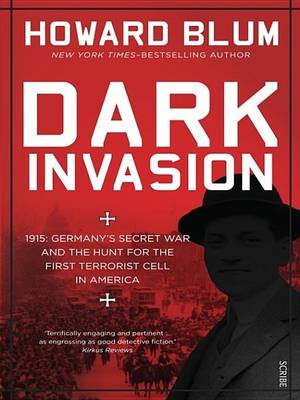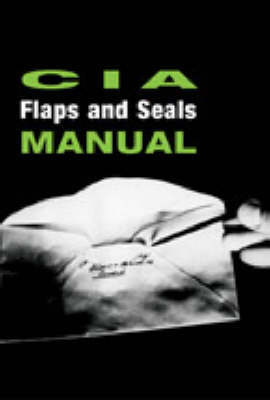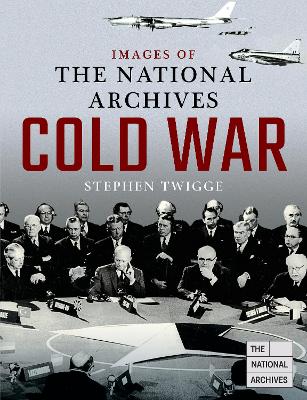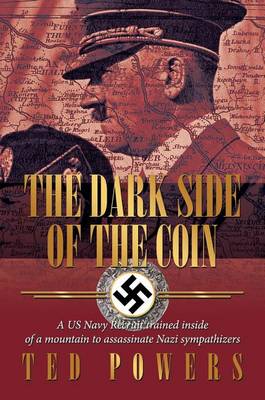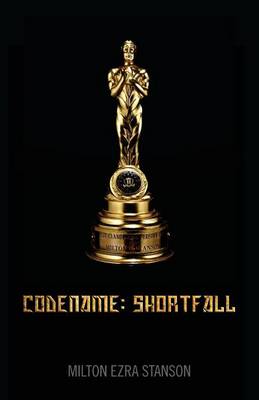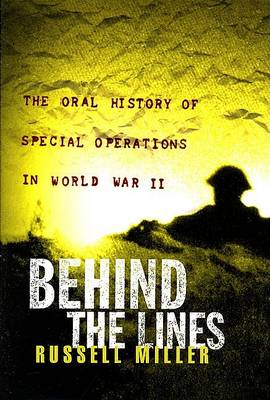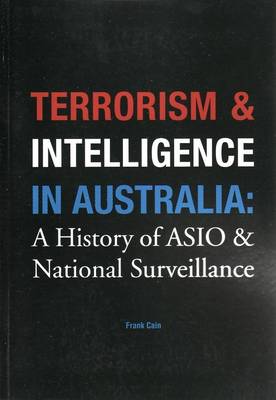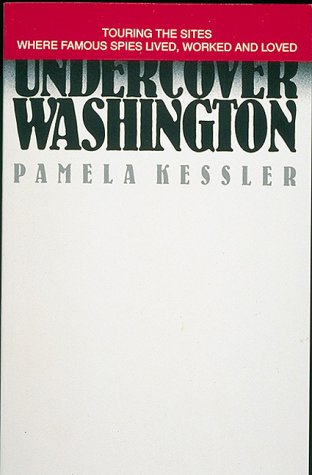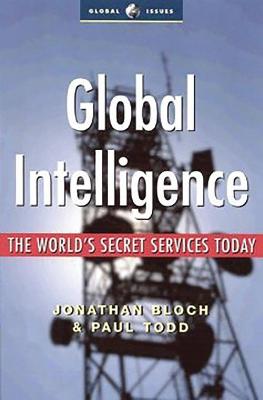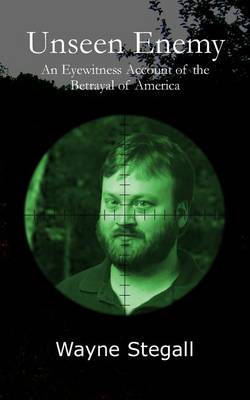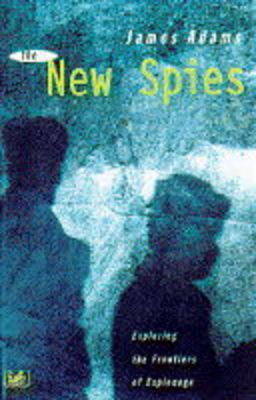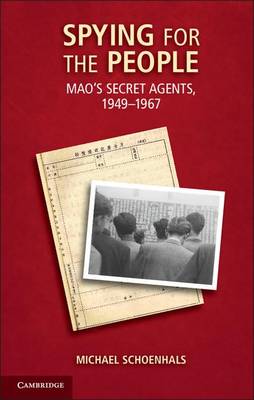Engineering Communism is the fascinating story of Joel Barr and Alfred Sarant, dedicated Communists and members of the Rosenberg spy ring, who stole information from the United States during World War II, that proved crucial to building the first advanced weapons systems in the USSR. On the brink of arrest, they escaped with KGB's help and eluded American intelligence for decades. Based on extensive interviews with Barr and new archival evidence, Steve Usdin explains why Barr and Sarant became s...
Intelligence and Law Enforcement in the 21st Century
Multidisciplinary research is steadily revolutionizing traditional education, scientific approaches, and activities related to security matters. Therefore, the knowledge generated through multidisciplinary research into the field of application of scientific inquiry could be utilized to protect critical and vital assets of a country. The field of security requires focus on the assessment and resolution of complex systems. Consequently, the dynamics of the intelligence field leads to the necessit...
Inside the CIA, Robert Baer was known as perhaps the best operative working the Middle East. But if his career was everything a spy might aspire to, his personal life was a brutal illustration of everything a spy is asked to sacrifice--he had few non-work friendships, his prolonged absences destroyed his marriage, and he felt intense guilt at spending so little time with his children. Dayna Williamson was just an ordinary California girl, but she was always looking to get closer to the edge. Whe...
Jonathan Jay Pollard, an intelligence analyst working in the U.S. Naval Investigative Service's Anti-Terrorist Alert Center, systematically stole highly sensitive security secrets from almost every major intelligence-gathering agency in the United States. Over the course of eighteen months in the mid 1980s, he took and subsequently sold to Israel more than one million pages of classified material, enough to fill a six-by-ten-foot room stacked six feet high. No other spy in the history of the Uni...
Dark Invasion: 1915: Germany's Secret War and the Hunt for the First Terrorist Cell in America
Set in New York City in 1915, as World War I rages in the battlefields of Europe, Dark Invasion chronicles the little-known story of a tense cat-and-mouse battle between two complex antagonists: New York police captain Tom Tunney, who leads a select team of novice spy-chasers; and Franz von Rintelen, an aristocratic German who comes to New York to set up a spy network and wage a secret war of terror that will disrupt American trade and affect the course of the war. In bringing to life a cast of...
Images of The National Archives: Cold War (Images of the The National Archives)
by Stephen Twigge
The Cold War tells the story of half a century of superpower confrontation from the end of the Second World War to the collapse of the Soviet Union. The book describes in chilling detail the military and ideological struggle between the United States and the Soviet Union that dominated the post-war landscape. The book highlights the role played by Britain during the Cold War and its involvement in Cold War flash points including the Berlin Blockade, the Cuban Missile Crisis and the Soviet invasi...
Compiled from interviews, diaries, letters and contemporaneous first-person accounts - many never before published - this oral history follows the adventures of the courageous men and women who volunteered for service with Britain's Special Operations Executives and the United States' Office of Strategic Services. They parachuted behind enemy lines, often alone, with orders to cause mayhem. Arrest almost always resulted in torture and emprisonment; sometimes in execution. In occupied France, equ...
The CIA, the KGB, MI5, Mossad, Boss, Savak, Dina - the names read like a rollcall of the seamier side of history in the years following the Second World War. Today the Cold War is dead; there are fewer dictatorships; and 9/11 has created a whole new raison d'etre for covert action. This book explains how the war on terrorism provides a wholly new context for the murky world secret services and intelligence agencies operate in, and describes in detail how ultra-modern new technologies have vas...
Us Covert Operations and Cold War Strategy: Truman, Secret Warfare and the CIA, 1945 53 (Studies in Intelligence)
by Sarah-Jane Corke
The end of the Cold War threw the world's intelligence agencies into turmoil. The old security of a superpower confrontation had vanished and with the new world order came a search for a new identity and purpose for the spies. At stake was a $50 billion global industry employing a million people. With unrivalled access to senior intelligence figures in America, Britain and Russia, James Adams reveals how the secret services conduct their business today.
Since the end of the Cold War, the operations of secret police informers have come under the media spotlight and it is now common knowledge that vast internal networks of spies in the Soviet Union and East Germany were directed by the Communist Party. By contrast, very little historical information has been available on the covert operations of the security services in Mao Zedong's China. However, as Michael Schoenhals reveals in this intriguing and sometimes sinister account, public security wa...
